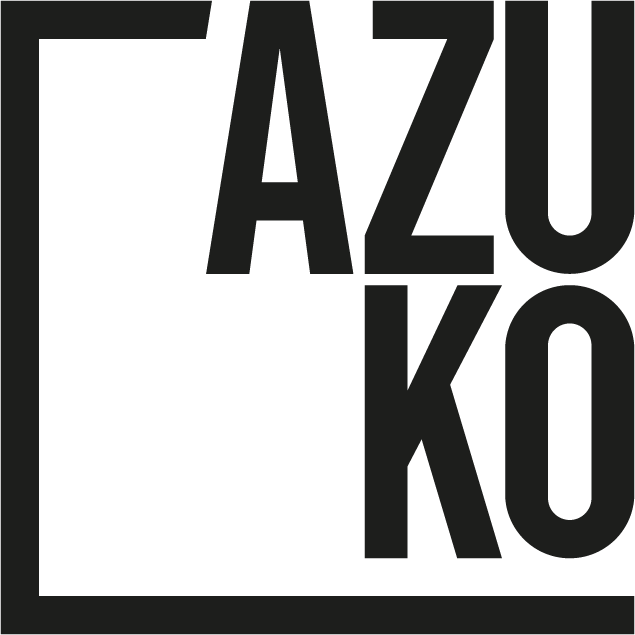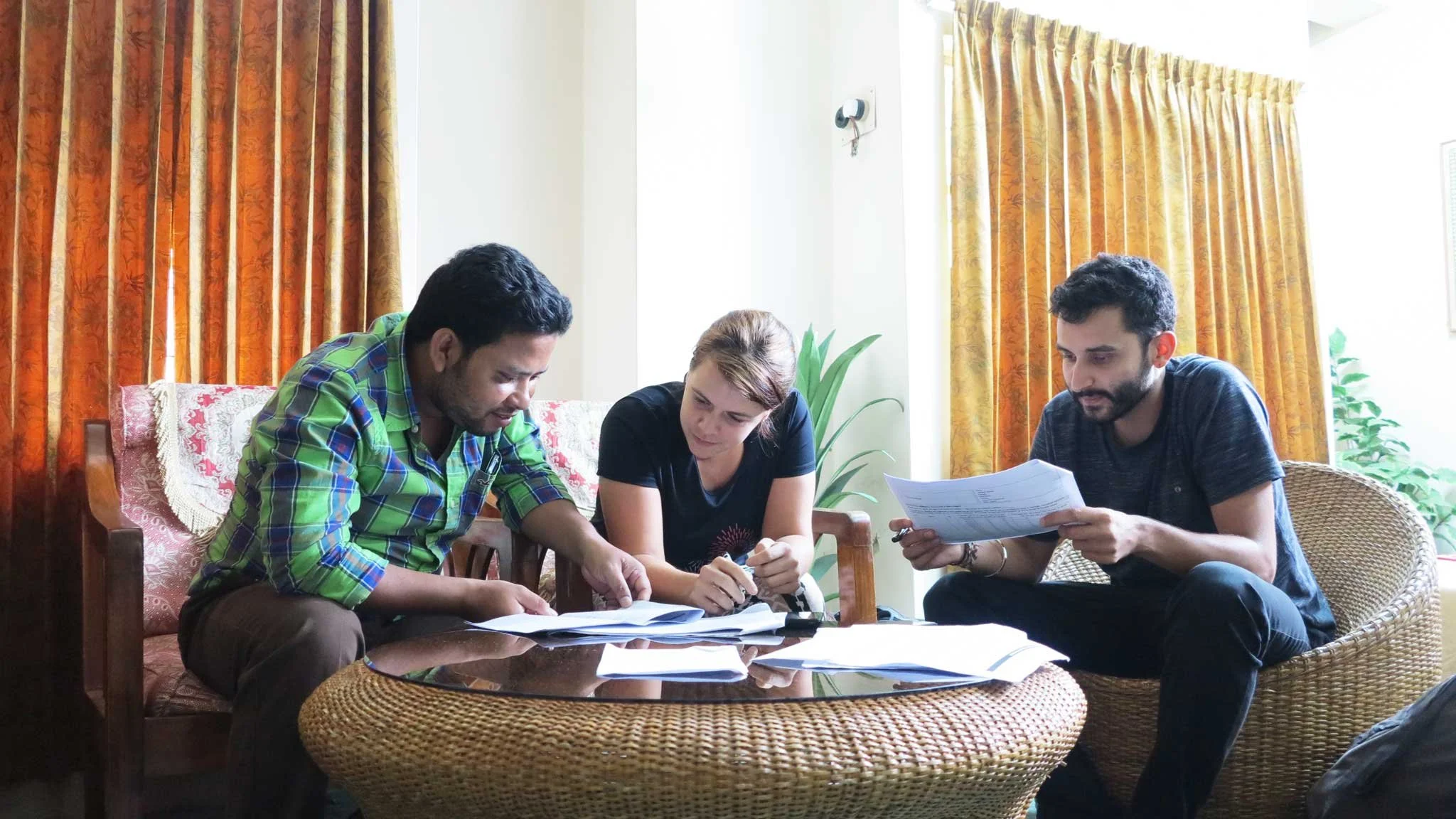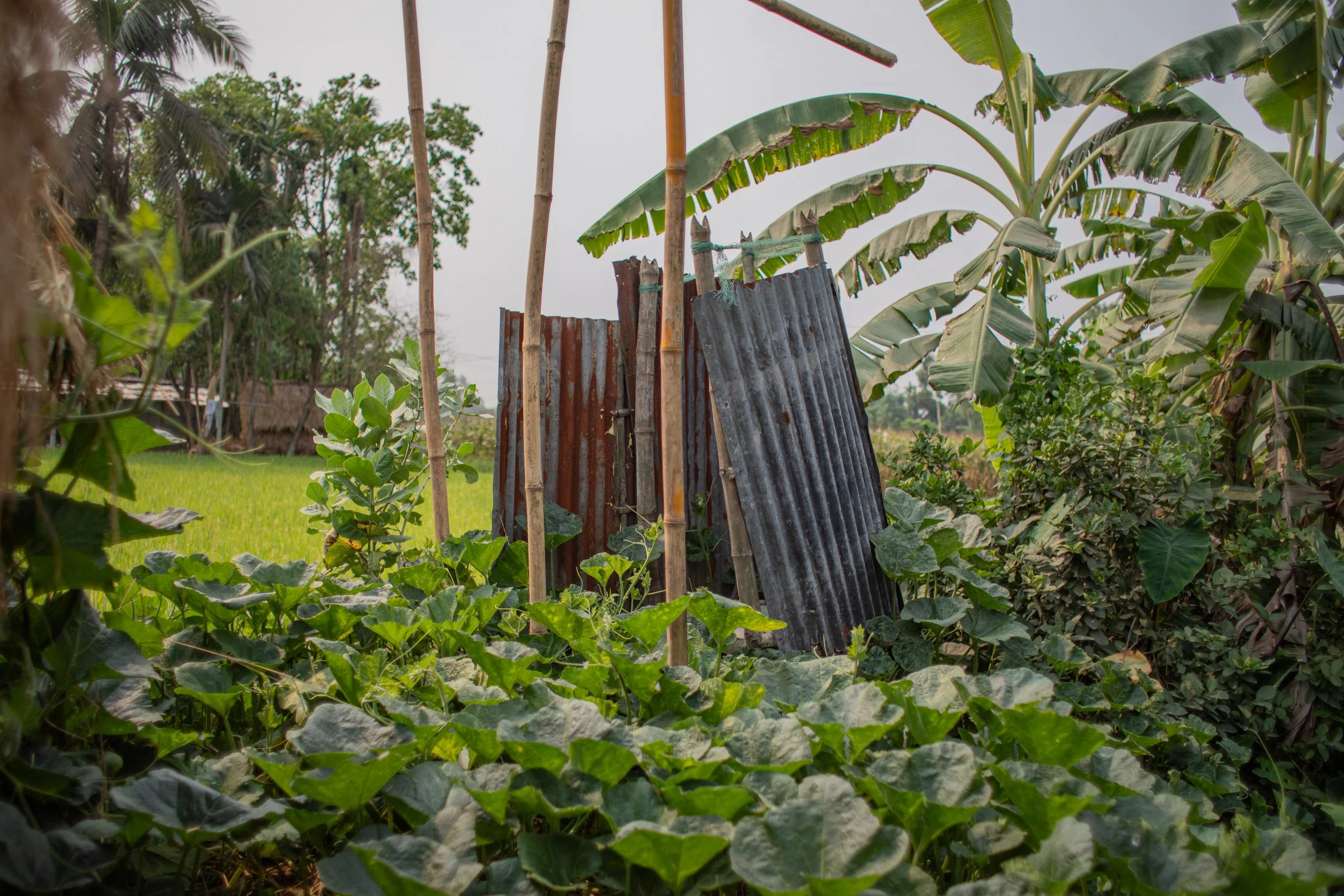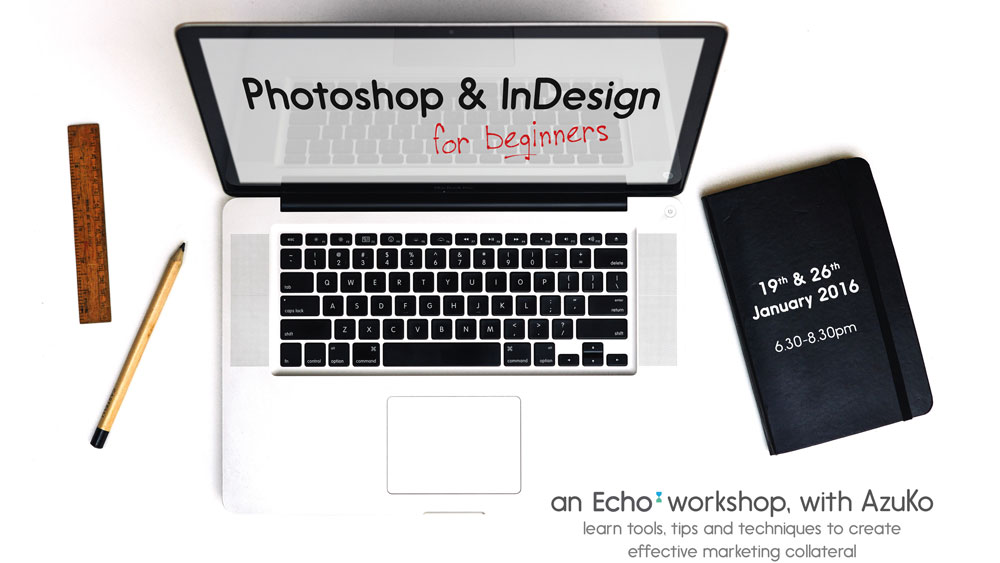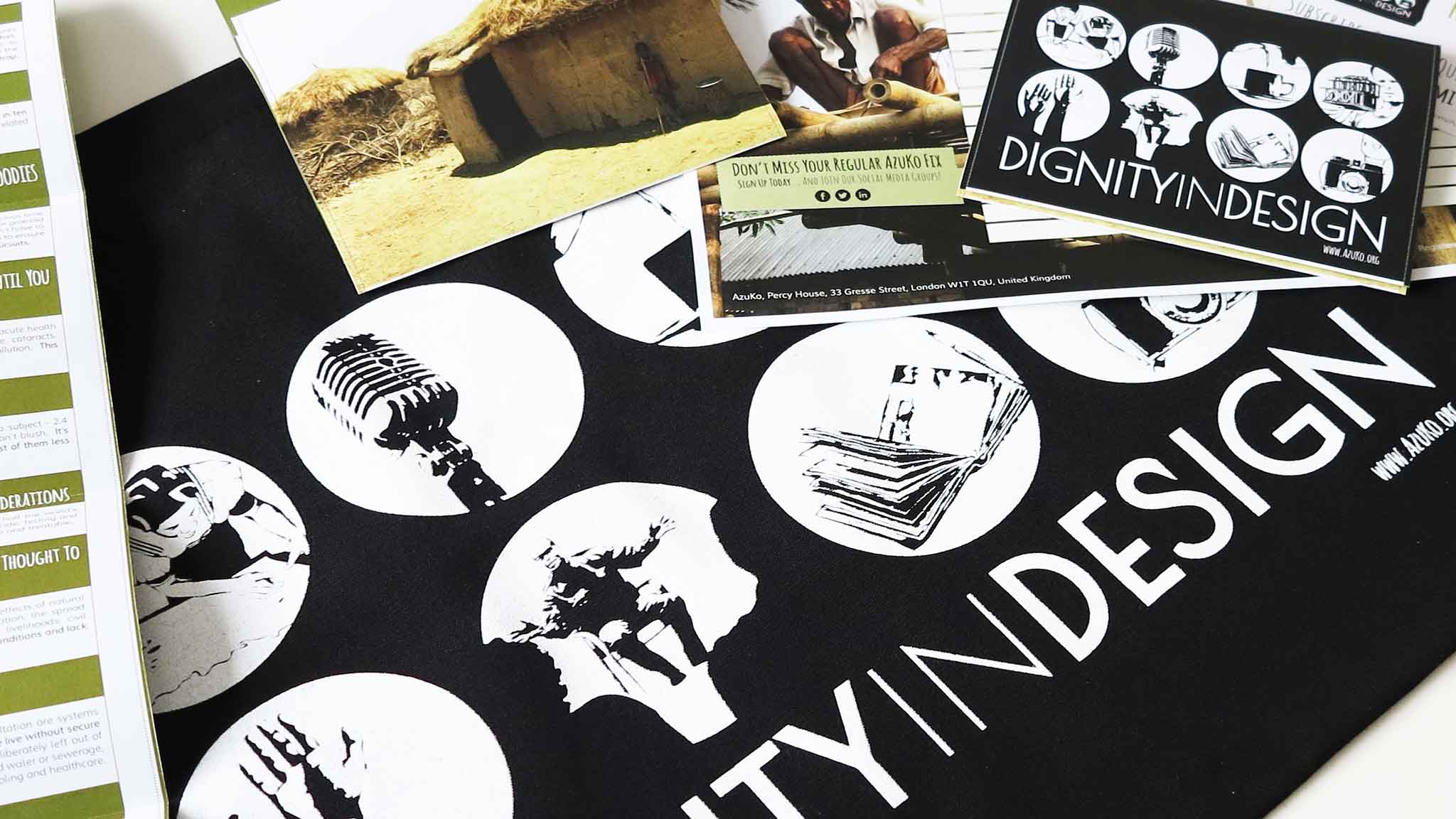We were first introduced to the idea of the 'sharing economy' last year, when I joined the new Echo++ business accelerator on behalf of AzuKo. In exchange for a 6-week bespoke business development course, I was simply required to share my skills. 12 hours' worth, in fact.
“Echo puts a new spin on trading by using time as money... where every hour is worth one Echo.”
Sounds perfect, right!?
As a young charity, the idea that we could access such resources at no cost was a no brainer. We are constantly looking to improve what we do and how we do it. So I applied and was accepted, joining a diverse range of fresh and exciting startups.
The sharing economy is a socio-economic ecosystem built around the sharing of human and physical resources. Although the terminology is in its infancy, the concept is age old. Trading what you have for what you need. Although it's not quite that simple...
The first thing I learnt was that trading is tough. It requires that you put yourself out there, which can be uncomfortable. You have to say to the world, "This is what I can offer?"... and if no-one responds you can be left feeling a little deflated. You may have six degrees in economic theory and a personal reference from Obama, but if there's no demand, there'll be no trade.
Once your ego has taken the hit, you realise that you shouldn't take yourself so seriously. Think outside the box, look at the marketplace and see where you fit.
So after a bit of investigation and the *occasional* coffee and cake debrief, I began my journey into the sharing economy. I worked at events, offered opinions at focus groups and supported other startups in taking the next step to scaling up. What I hadn't bargained for, was that I would be growing my own network and that of AzuKo... naturally.
After a few months, I wanted to tailor what I was offering so I could get the most out of it for AzuKo, and potentially develop areas which would add an income-generating arm to the charity.
Think - workshops!
As an architecture charity that champions participation, we regularly run workshops and training sessions with our beneficiary groups. Could we rethink the output, and provide a learning environment for startups too? But what are they in need of and how can we help? What is the common denominator?
Marketing. It's an essential component of every business, yet many nonprofits and enterprises are unable to afford expensive design services during those early years. If they knew the basics and had the right tools to hand, they could fly.
So over the last month, we have been working with Echo to create a new workshop, 'Photoshop & InDesign: for Beginners'.
Last night we held part one, with the support of four Adobe professionals within the Echo marketplace. Following an introduction to Adobe CC, we provided an insight into what the software can do and discussed basic design principles that everyone should consider before embarking on a project.
We then moved onto a live design exercise, taking participants through step by step to produce an attractive and polished poster as marketing material.
In part two of the course, we'll be offering 1:1 tutorials, to enable participants to work on a specific project for their organisation.
As always, we'll be keeping a close ear on what the participant's think, and will try to unpack what impact these workshops have. Here's what they've been saying:
“I found the overall presentation and introduction of how the programs work together extremely useful, alongside the practicalities of how to design a poster. The presentation was well structured and well-paced.”
"The handout with shortcuts is fab. Thank you Jo and team."
"I thought it was a great session and I really appreciate the patience. It was a very good introduction to the tools, which we can then use to practice."
"I found it very useful as a beginner in PS + ID. The people assisting helped tremendously and provided great hints and shortcuts. Was a great session to get me started... thank you."
If you're interested in learning the Adobe basics and getting to grips with Photoshop, Illustrator and InDesign for your nonprofit or business, do get in touch. We're also developing a new hands-on introductory workshop in human-centred design... putting people first in your design solutions. Stay tuned.
Long live the sharing economy!
Read about workshop two.
Author: J. Ashbridge
